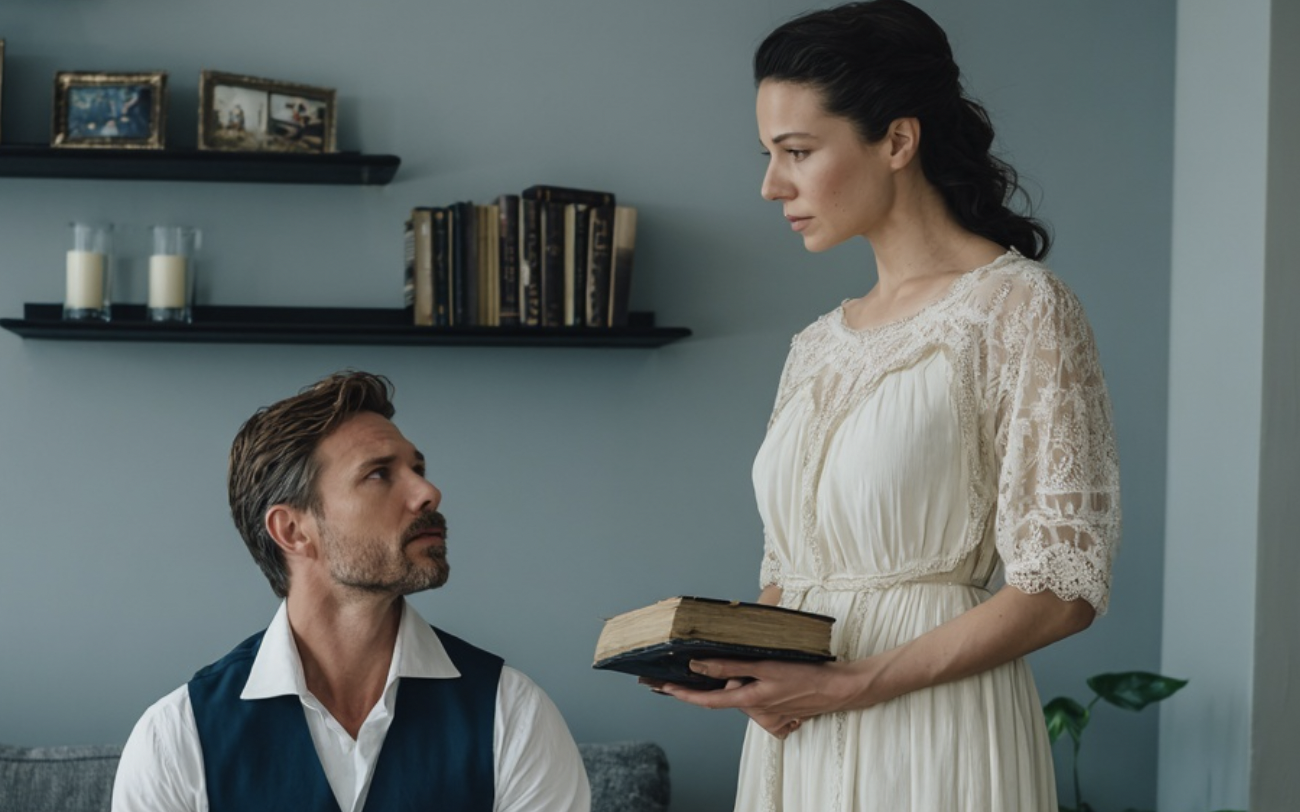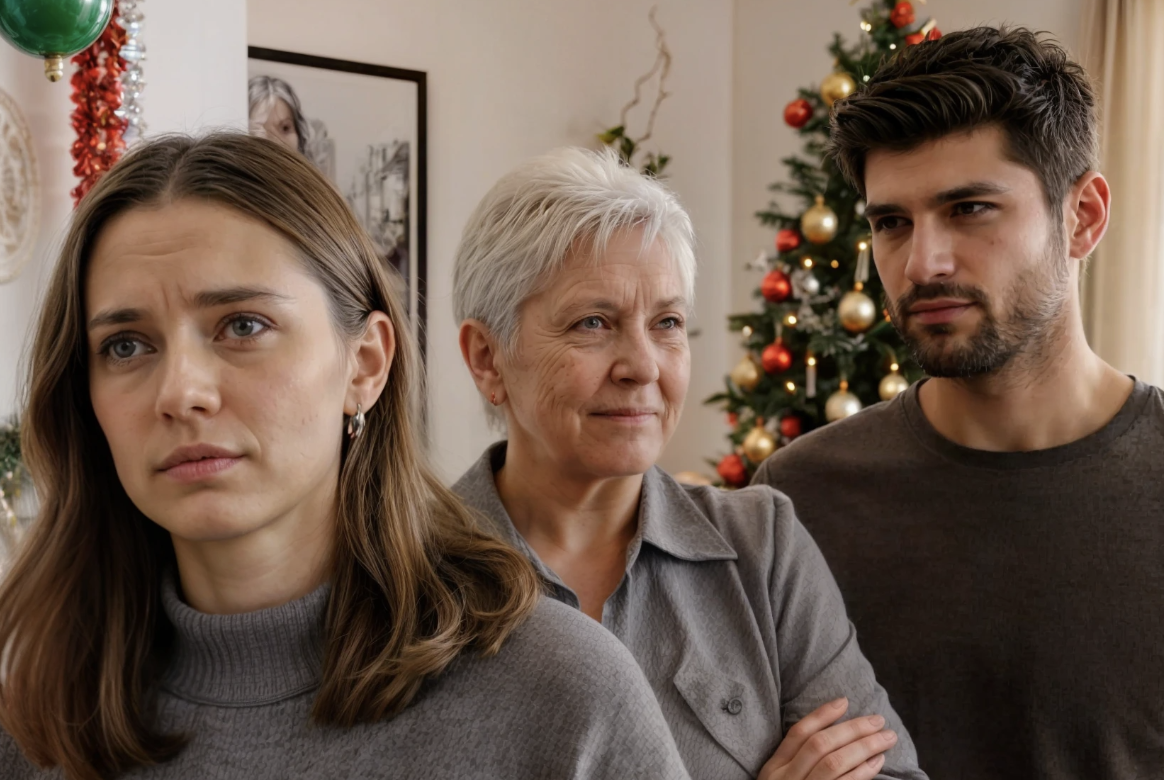I found out my husband had taken out a loan in my name – and went to the bank
“An overdue loan payment? What loan?” Zinaida pressed the phone between her ear and shoulder, trying with her free hand to catch the cash register log as it slid off the desk. “Credit agreement number seven-three-four-eight, dated November twenty-second of last year,” the woman’s indifferent voice droned in the receiver. “Issued in your name as … Read more









